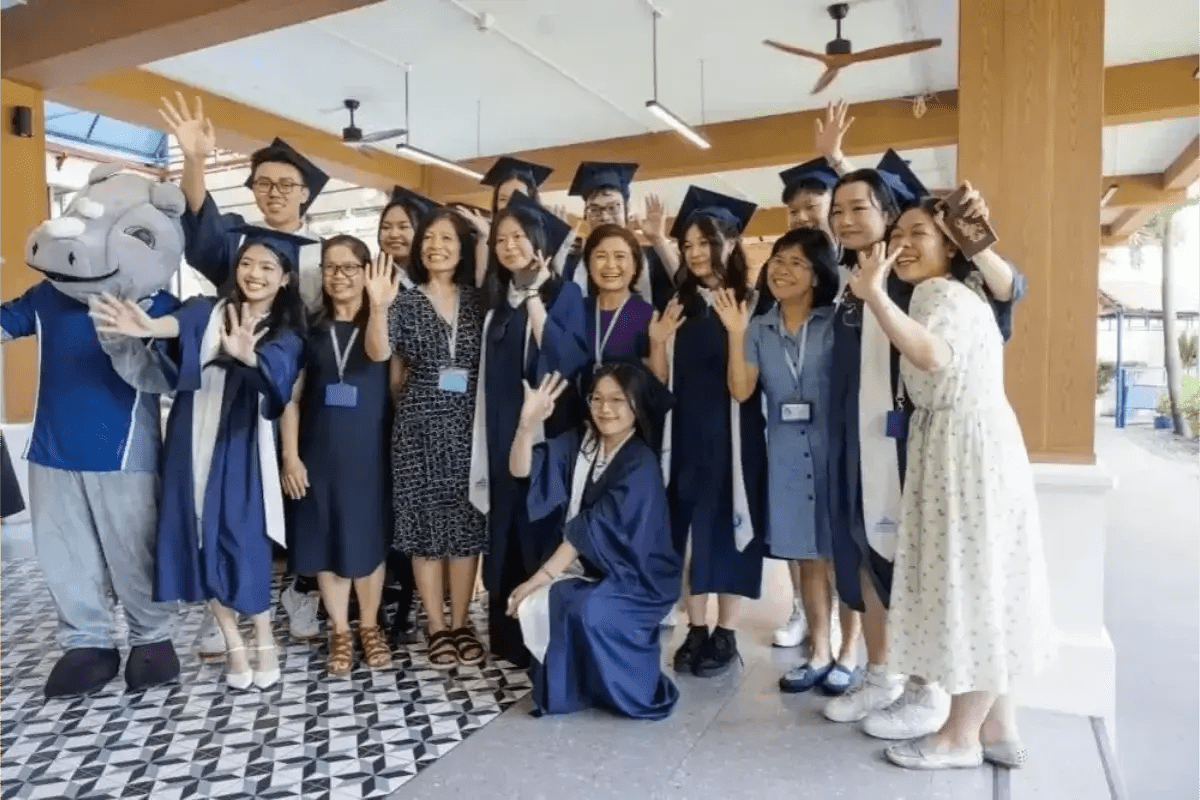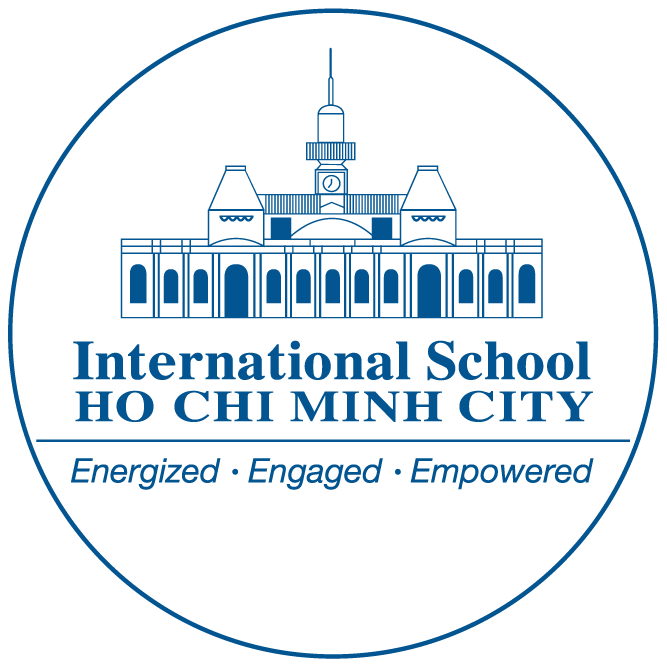7 Strategies for Academic Success Backed by ISHCMC’s Learning Approach
Academic success begins with how students learn, not just what they know. The most effective strategies focus on developing habits, mindsets, and real-world skills that support long-term achievement. Today’s families are looking beyond grades. They want schools that develop capable, self-aware learners who can thrive in any environment.
These seven research-backed strategies shape academic growth in every age group. When applied effectively, they help students build confidence, deepen understanding, and prepare for future challenges. International School Ho Chi Minh City (ISHCMC) applies these practices at every stage of learning and shows how to implement them effectively.
1. Promote a Growth Mindset from the Start
Academic success often depends on how students approach setbacks. A growth mindset helps them see challenges as opportunities to improve rather than as signs of failure. Instead of giving up when something feels difficult, students start to ask questions, adjust their approach, and try again with new strategies.
Schools can nurture this mindset by celebrating effort, offering specific feedback, and encouraging students to track their progress. When learners reflect on what they’ve learned, rather than just what they scored, they begin to see value in the learning process itself.
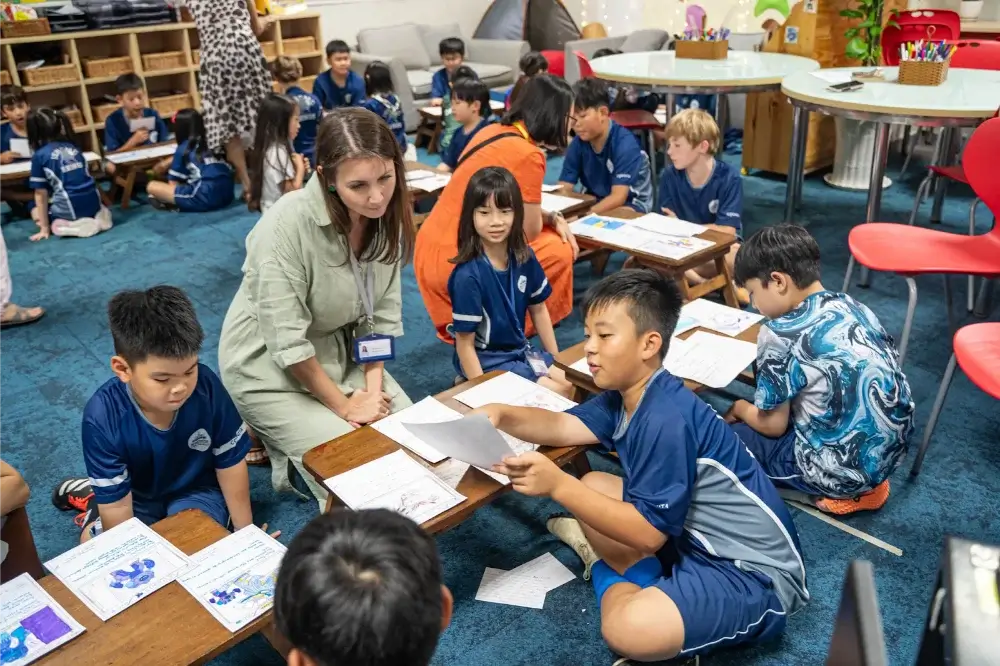
At ISHCMC, this approach begins early. Teachers guide students to develop reflective habits through class journals, goal-setting discussions, and ongoing feedback. By encouraging students to articulate what they’re learning and how they’re growing, ISHCMC reinforces the mindset that intelligence can evolve with time and effort.
2. Build Self-Management and Organizational Skills Early
The ability to manage time, plan tasks, and stay organized has a significant impact on academic outcomes. Without these skills, even bright students can fall behind or feel overwhelmed. Developing routines and learning to prioritize allows students to focus better and become more independent in their studies.
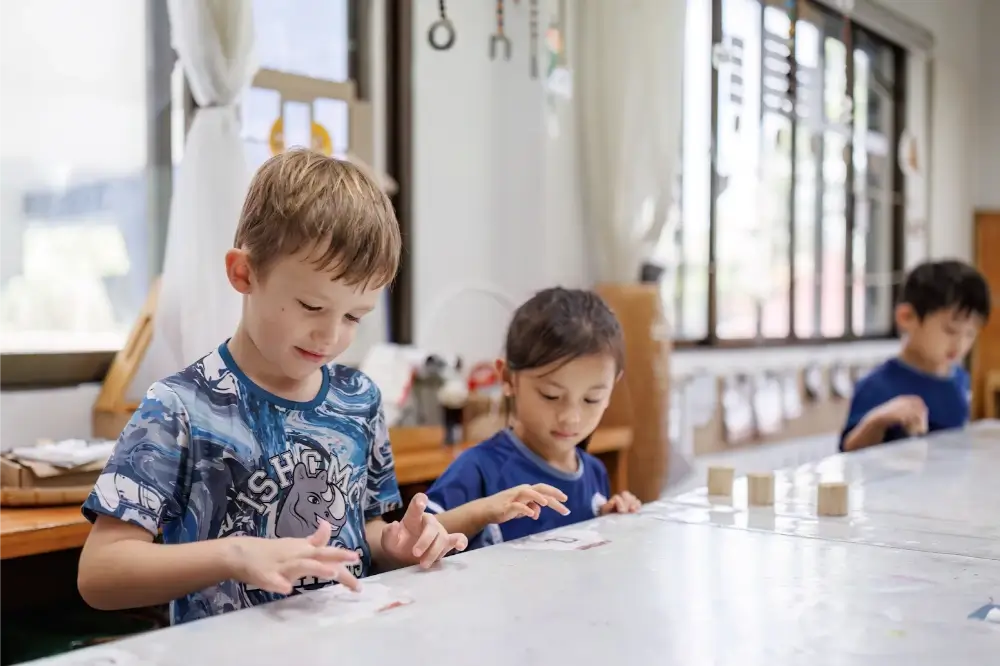
Effective schools build students’ self-management skills into daily learning. Students may use planners, set digital reminders, or break large tasks into manageable steps. These habits strengthen executive function and reduce stress during assessments or project deadlines.
At ISHCMC, self-management is treated as a lifelong skill. In the Primary Years Programme (PYP), students begin learning how to organize tasks and reflect on their learning journey. These skills grow in complexity throughout the Middle and Diploma Programmes, where students balance extended essays, interdisciplinary projects, and multiple subject demands while learning to manage their own time and responsibilities with confidence.
Note-taking methods like Cornell Notes directly support this development, teaching students how to structure, summarize, and retrieve information efficiently. By breaking content into cue questions, detailed notes, and concise summaries, students gain the tools to organize their thinking clearly and revise with purpose.
3. Replace Memorization with Inquiry
Rote memorization has its limits. Real understanding happens when students ask why a concept matters and how it connects to the world around them. Inquiry-based learning shifts the focus from repetition to exploration. It allows students to take ownership of their learning and engage deeply with the material.
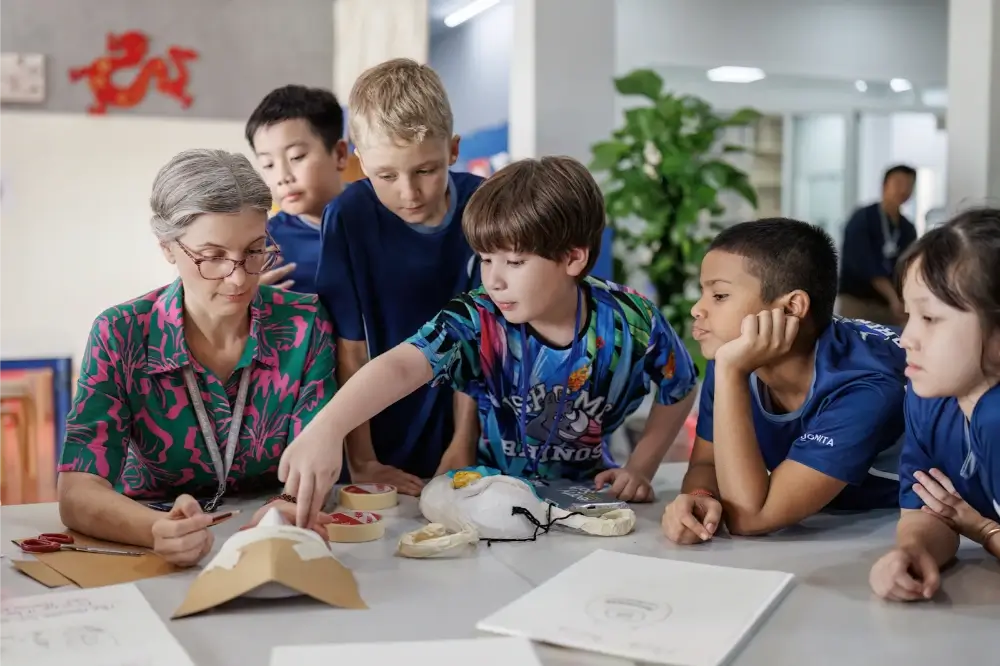
This method improves retention, encourages critical thinking, and keeps students actively involved. Rather than delivering answers, teachers guide students to ask thoughtful questions, research possibilities, and evaluate different perspectives.
ISHCMC uses inquiry-based learning across every age group. Instead of simply delivering content, educators challenge students to explore big ideas through open-ended questions and collaborative projects. This approach nurtures agency, curiosity, and confidence in learners, equipping them with the skills needed to succeed across any academic path.
4. Encourage Metacognition and Reflection
Students who think about how they learn tend to learn more effectively. Metacognition, which means understanding one’s own thought process, allows students to evaluate what works, identify areas for improvement, and refine their approach over time.
Simple strategies such as learning journals, self-assessments, and peer discussions can support metacognitive growth. Reflection also helps students become more resilient by teaching them to adapt after setbacks or mistakes.
At ISHCMC, reflection is built into every stage of learning. From classroom routines to major projects, students are expected to consider their choices, explain their reasoning, and think critically about their outcomes. In the Diploma Programme, this becomes even more rigorous through the Theory of Knowledge (TOK) course, which challenges students to examine how knowledge is constructed across disciplines.
5. Connect Learning to the Real World
When students understand how their learning applies outside the classroom, motivation and engagement increase. Real-world learning gives academic content meaning. It encourages students to see how they can contribute to their communities and adapt their skills to solve practical problems.
This can take many forms, such as internships, service learning, interdisciplinary projects, or even entrepreneurial ventures. These experiences sharpen students’ ability to think creatively, collaborate, and lead with purpose.
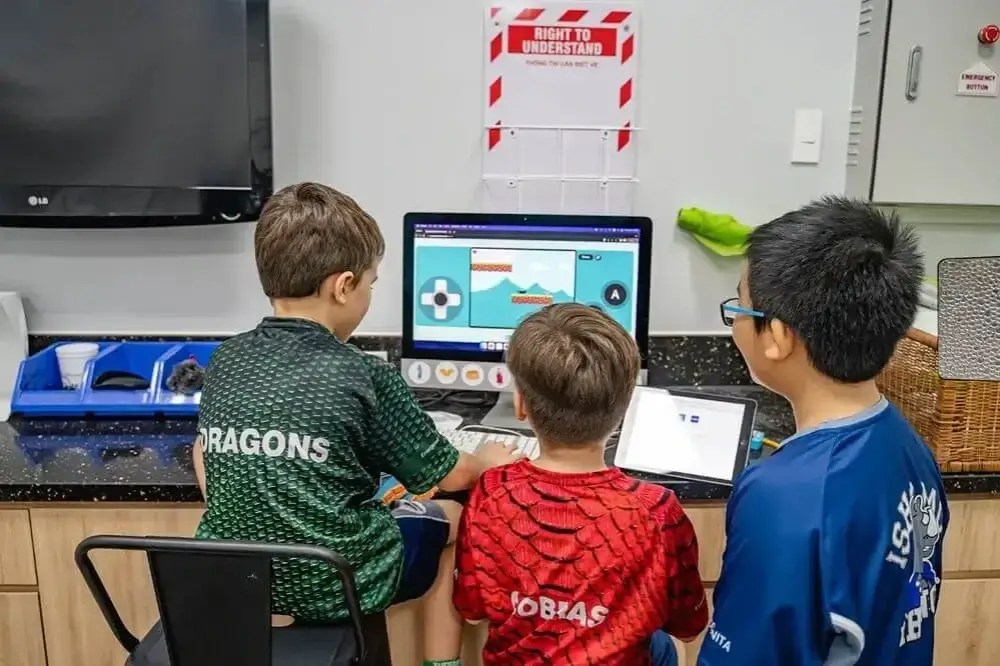
At ISHCMC, real-world learning is core to the curriculum. Students complete hands-on projects, tackle real challenges, and present their findings to peers or community members. Experiences like these build confidence and show students that their ideas matter beyond the school walls.
6. Support Social and Emotional Development
Emotional well-being is closely linked to academic performance. Students who manage their emotions, build healthy relationships, and develop empathy tend to focus better and collaborate more effectively. Emotional intelligence supports classroom behavior, resilience, and long-term personal growth.
Social and Emotional Learning (SEL) can be woven into daily routines through mindfulness practices, conflict resolution, and open communication. It helps students feel safe, connected, and confident in their learning environments.
ISHCMC prioritizes social-emotional development across all grade levels. Classroom structures support positive relationships through peer interaction and collaborative learning. Open spaces, flexible group settings, and frequent check-ins create a culture of trust and belonging. Through counseling and well-being programs, students build the skills to navigate challenges and stay grounded in their academic goals.
7. Customize Learning to Student Strengths
Every student learns differently. Schools that offer flexible academic paths allow students to build on their strengths, explore interests, and develop confidence. A personalized learning experience helps students stay engaged and work toward goals that feel relevant to them.
Academic success improves when students can choose courses, projects, or pathways aligned with their talents and aspirations. Personalization also helps students discover areas of interest they may not have explored in traditional models.
Within each learning path, students explore a variety of note-taking strategies. These include Cornell Notes, mind maps, outlines, and charts. Each approach offers different strengths, and students are encouraged to choose the method that suits their learning style. The goal is to equip every student with tools that support their individual success.
ISHCMC offers three high school pathways to match individual learning profiles: the full International Baccalaureate (IB) Diploma Programme, a combination of IB courses with the ISHCMC High School Diploma, or a modified academic track. These choices allow students to pursue rigorous academics, artistic talent, or athletic goals in a way that suits their pace and purpose.
To further support academic success across diverse learners, ISHCMC provides language development programs such as English as an Additional Language (EAL) and the Intensive English Language Programme (IELP). These ensure that language acquisition never limits a student’s ability to achieve their best.
Why These Strategies Work at ISHCMC
ISHCMC combines academic depth with personalized support, inquiry-based learning, and global relevance. From early years to graduation, students experience an education that builds character, cultivates independence, and develops real-world competencies.
Academic success at ISHCMC doesn’t come from a single method. It emerges from a well-rounded environment that balances personal growth, intellectual rigor, and meaningful learning experiences. The school’s diverse community, world-class faculty, and progressive programs help students turn their strengths into long-term success.
Ready to give your child an education that goes beyond academics? Apply now and discover how ISHCMC can shape their future.

